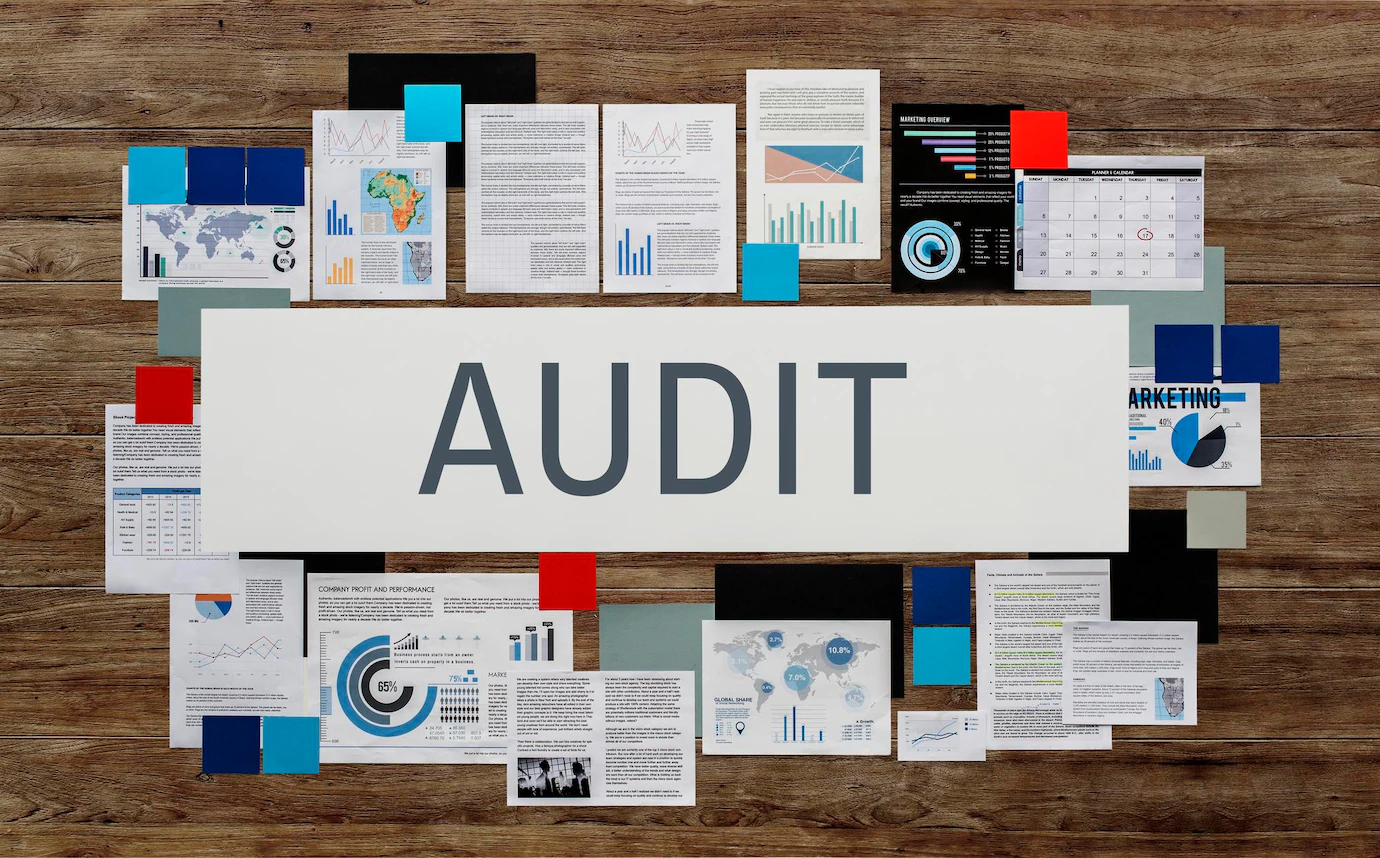In the complex world of logistics, keeping a close eye on transportation expenses is crucial for maintaining a healthy bottom line. Conducting a thorough examination of these costs, often referred to as a freight audit, is a vital process that companies undertake to ensure billing accuracy and optimize their supply chain operations. This detailed exploration will provide insights into effectively managing this task, offering practical advice for businesses aiming to enhance their logistical efficiency.
Understanding the Essence of Transportation Cost Verification
At its core, the process involves a meticulous review of shipping invoices to verify their accuracy against the agreed-upon terms and services. This step is fundamental in identifying discrepancies, such as overcharges or billing errors, which can significantly impact a company’s operational costs. By ensuring that only legitimate expenses are paid, businesses can avoid unnecessary outlays and improve their financial health. Learn more about cargo cost verification at https://ctglobal-freightaudit.com/.
Establishing a Robust Review Framework

Creating a structured approach to this task is the first step toward efficiency. This involves setting clear guidelines for how and when the reviews will be conducted, defining the scope of the examination, and determining the key metrics to assess. A systematic approach not only streamlines the process but also ensures consistency and thoroughness in the review.
Leveraging Technology for Enhanced Accuracy
In today’s digital age, leveraging technology is a game-changer in managing transportation cost reviews. Automated systems and software solutions can significantly reduce manual labor, minimize errors, and speed up the process. These tools can match invoices with corresponding shipping orders and contracts, flag discrepancies, and even generate reports, providing valuable insights into shipping patterns and potential cost-saving opportunities.
Cultivating Strong Carrier Relationships
Open and transparent communication with your carriers is paramount. Building a partnership based on trust and collaboration can lead to more favorable terms and quicker resolution of discrepancies. Regular discussions about contract terms, rates, and service expectations can help preempt issues and foster a mutually beneficial relationship.
Implementing a Pre-Payment Review Process

Conducting reviews before payments are made is a proactive measure that can save time and resources in the long run. This preemptive approach allows for the identification and resolution of discrepancies before they impact the financial ledger, making the reconciliation process smoother and more efficient.
Regularly Updating Contract Terms and Rates
The logistics landscape is ever-evolving, with rates and terms frequently changing. Keeping abreast of these changes and ensuring they are accurately reflected in your contracts is crucial. Regular reviews and updates of contract terms can prevent billing discrepancies related to outdated information.
Enhancing Data Quality and Accuracy
The quality of the data used in the review process is a critical factor in its success. Ensuring that all data, from shipping documents to contracts and invoices, is accurate, complete, and up-to-date is essential. Investing in data management practices can significantly reduce the risk of errors and facilitate a smoother review process.
Training and Empowering Your Team

Empowering your team with the knowledge and skills to effectively conduct these reviews is fundamental. Providing regular training on the latest best practices, software tools, and industry trends can enhance their proficiency and efficiency. A well-informed team is your best asset in navigating the complexities of logistics cost management.
Conducting Regular Audits and Assessments
Routine examinations of your logistics expenses are not a one-time task but an ongoing process. Regular assessments can help identify trends, uncover recurring issues, and track the effectiveness of your cost-saving measures. This continuous improvement approach can lead to significant long-term savings and operational enhancements.
Exploring Outsourcing Opportunities
For many businesses, outsourcing this task to specialized firms can be a cost-effective solution. These firms bring expertise, advanced technology, and dedicated resources to the table, often delivering more thorough and efficient reviews than in-house teams. This option can be particularly appealing for companies with limited resources or those looking to focus on their core competencies.
Navigating Regulatory Compliance and Taxes

In the intricate tapestry of logistics, navigating the labyrinth of regulatory compliance and taxes is indispensable. Ensuring that all transportation activities adhere to the prevailing regulations and tax requirements is not just about legal conformity; it’s a strategic move that can prevent costly penalties and enhance operational transparency.
A meticulous review of transportation invoices should therefore include an assessment of compliance with international trade laws, customs duties, and tax implications. This vigilance ensures that your logistics operations are not only efficient but also aligned with global standards and practices.
Harnessing the Power of Analytics for Strategic Insights
In the age of big data, harnessing analytics can transform the way businesses approach their logistics strategies. Beyond mere cost verification, analytics can offer deep insights into shipping patterns, carrier performance, and cost trends. By analyzing this wealth of data, businesses can make informed decisions, negotiate better terms with carriers, and identify opportunities for route optimization and other cost-saving measures. The strategic use of analytics elevates the transportation cost review process from a routine check to a powerful tool for strategic decision-making.
Fostering a Culture of Continuous Improvement
Last but not least, fostering a culture that values continuous improvement and efficiency is vital. Encouraging team members to suggest improvements, explore new technologies, and stay informed about industry developments can drive ongoing enhancements in your logistics operations.
End Note
In conclusion, mastering the art of transportation cost analysis is an intricate process that extends beyond mere invoice verification. It encompasses a broad spectrum of strategies, including leveraging technology, fostering strong carrier relationships, maintaining data integrity, and empowering a skilled team.
Additionally, navigating regulatory landscapes and harnessing the power of analytics are crucial for ensuring compliance and gaining strategic insights. By adopting these practices, businesses can not only ensure billing accuracy but also uncover opportunities for significant cost savings and operational improvements. This holistic approach paves the way for a more efficient, compliant, and strategically informed logistics operation, solidifying a company’s competitive stance in the bustling marketplace.













